Apple this week attempted to dissuade the U.S. Supreme Court from hearing Samsung's request for review in their ongoing patent infringement dispute, with Apple telling the highest court in America that the $548 million settlement does not deserve review.
"Samsung's effort to make this case seem certworthy depends on a made-up narrative in which Samsung, not Apple, is the innovator, despite the overwhelming evidence that Samsung copied the iPhone's innovative design," Apple's attorneys wrote in the filing.
According to Apple, the original rulings in the iPhone maker's favor "broke no new legal ground." Instead, the company argues, that they "simply applied the statute and well-settled law to the extraordinary record of infringement and copying" committed by Samsung.
In an analysis of the filing, intellectual property expert Florian Mueller of FOSS Patents noted that Apple's attorneys filed their opposition brief two weeks ahead of the court's Feb. 16 deadline. He believes Apple's attorneys at Wilmer Hale and Morrison & Foerster have an uphill battle in trying to call the Samsung case, in Apple's words, "legally unexceptional."
"Honestly, this must have been one of the most difficult challenges ever for Apple's lawyers: to try to downplay the certworthiness of an issue after pretty much the entire (Information and Communications Technologies) industry has made it clear that it is profoundly concerned," Mueller wrote.
"Certworthy" is an abbreviated way of saying that a case is deemed worthy of certiorari, a writ that the Supreme Court issues to a lower court to review a judgment for legal error when no appeal is available. Historically speaking, Samsung's petition is a longshot — the Supreme Court typically does not hear them, and also has not heard a patent design case in 122 years.
Still, Mueller suspects that Samsung's petition will at least result in in a call for views of the Solicitor General, allowing the U.S. government to talk to the industry and find out how much concern there is over patent litigation.
Samsung filed its petition to the U.S. Supreme Court in December, arguing that the laws were incorrectly interpreted in the case, which first began nearly five years ago. After multiple appeals and revisions, Samsung ended up paying Apple $548 million for patent infringement.
For its part, Samsung has argued that modern devices like smartphones are not dependent on design for their functionality. According to Samsung, electronic devices "contain countless other features that give them remarkable functionality wholly unrelated to their design."
 Neil Hughes
Neil Hughes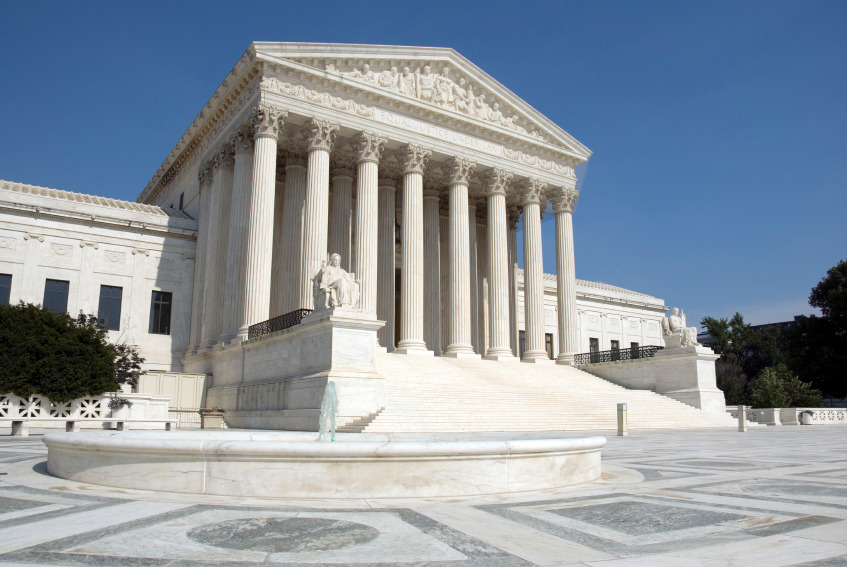
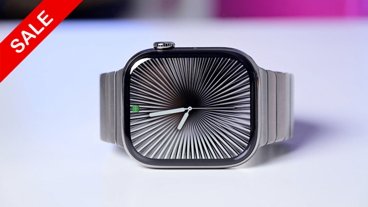
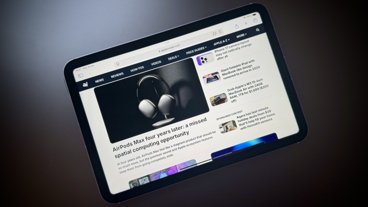
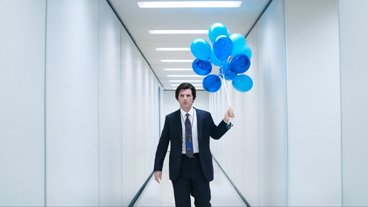
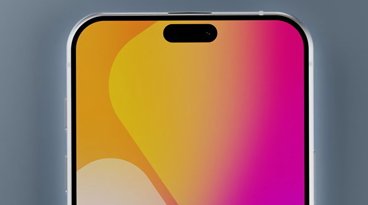

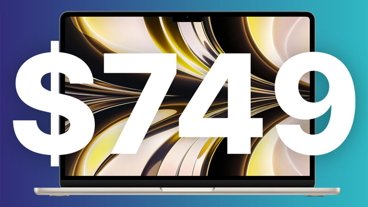

-m.jpg)





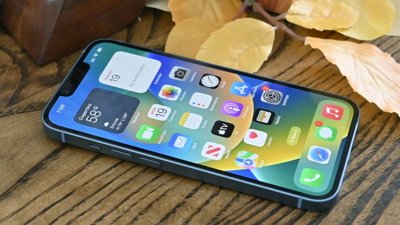
 William Gallagher
William Gallagher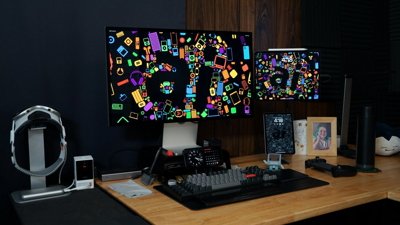
 Wesley Hilliard
Wesley Hilliard
 Christine McKee
Christine McKee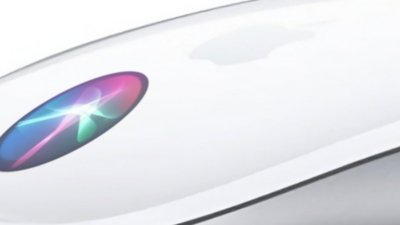
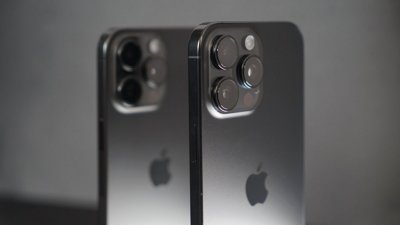
 Andrew Orr
Andrew Orr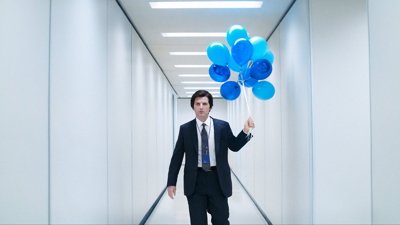
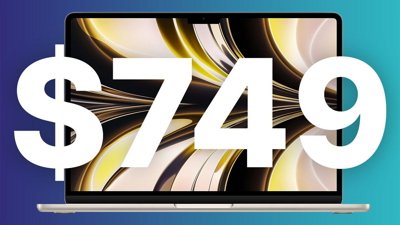

 Andrew O'Hara
Andrew O'Hara





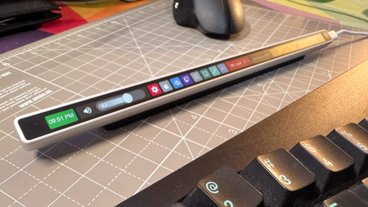

21 Comments
It would not suprise me in the least if the current Justices don't weigh in on this. They certainly have given decisions in the last few years on matters that didn't concern them. To much legislation from the highest court... Surely one of them has an axe to grind with Apple or Samsung. /s
Ha, ha
KodachromemoniesThey give us those nice bright colors
They give us the greens of summers
Makes you think all the world's a sunny day
I got a Nikon camera
I love to take a photograph
So mama don't take my
Kodachromemonies awayEveryone knows in the industry that Samsung shamelessly copied the Iphone. However Apple based it suit that it affected Apples bottom line. For the last 13 years Apple has been in an upswing; the most recent quarter we learned Apple made a little less that $18 billion in profit. Apples contention that it hurt its bottom line, doesn't hold water. What Apple needs to do is completely break ties with Samsung if its even possible.
"not dependent on design for their functionality" then why did Samsung immediately copy the design? Design sells a lot more things than features no matter what many people say. Look at clothes. The majority of people buy clothes because of how they look, who's label is on them or how much they cost. They rarely buy them because they are made better. There are exceptions but not many.
Samsung, GTFO!